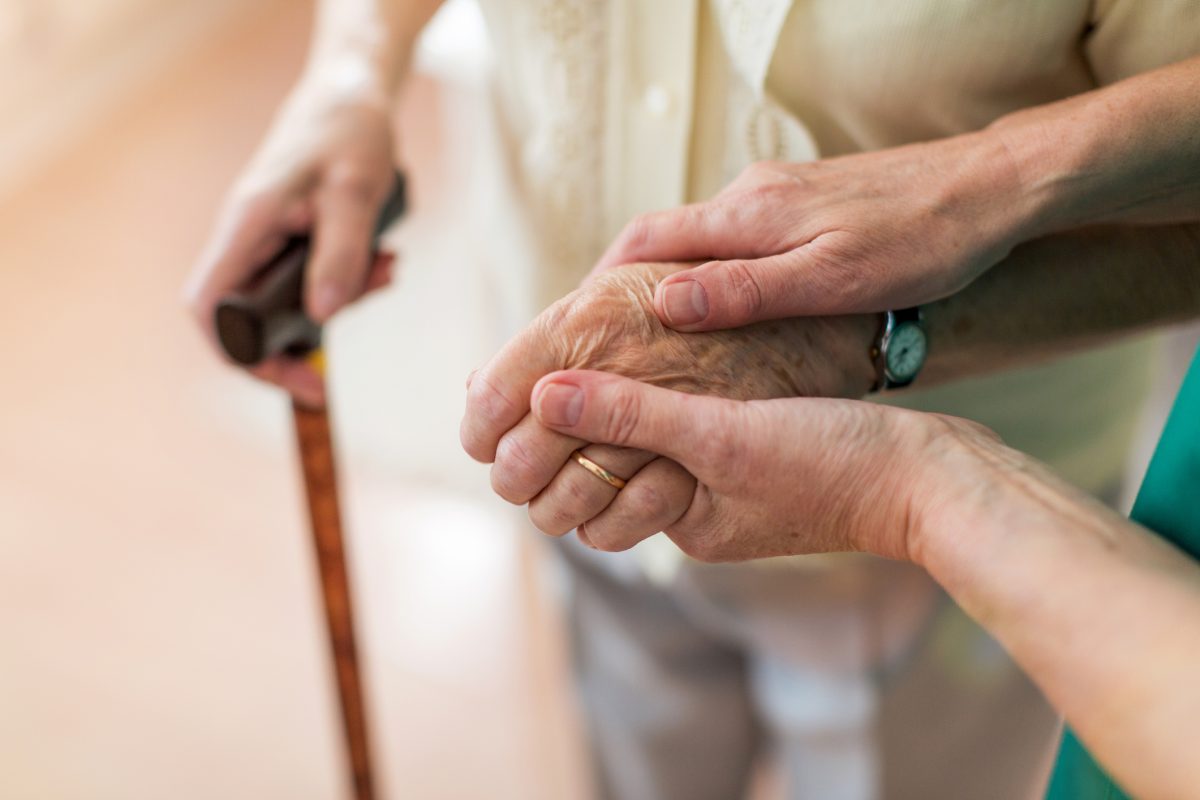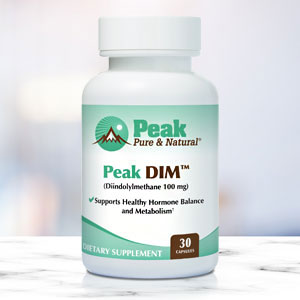What are your biggest concerns about aging? For me, it’s brain health followed by physical independence.
And I’m not the only one who places them in this order. When AARP and National Geographic asked this question of 2,580 adults, ranging in age from 18 to 90 and older, they found that memory loss remained a top concern across all age groups.
Meanwhile, loss of strength and mobility weren’t significant concerns for younger respondents, but became top concerns for those aged 50 and older.
But here’s the thing… neither frailty nor dementia is part of normal aging. And if you intervene early enough, you could stop one from leading to the other and prevent them both…
Frailty increases dementia risk
Frailty is not a normal part of aging. Although the risk of developing it increases with age, frailty is a geriatric condition characterized by an age-related decline in normal function.
It equates to loss of muscle, stamina, endurance, sometimes weight and general fitness. Low grip strength is considered a measure of frailty, and sarcopenia is a condition commonly associated with it. Frailty also makes it hard to recover from illness or injury.
As if all that’s not bad enough, previous research indicates that frailty can make you 2.5 times more likely to develop dementia. And in people who are both frail and are genetically predisposed to dementia, the risk of dementia is six times higher.
Queensland researchers have confirmed that link — but learned something no one had noticed before…
They tracked data on nearly 30,000 participants of four longitudinal studies in the United Kingdom and the United States. They were able to note changes in the participants’ health and function, including the accumulation of age-related conditions linked to frailty — two decades before they were diagnosed with dementia.
Their findings were sobering. Frailty was found to accelerate up to nine years before a dementia diagnosis. And with every four to five additional health problems, the risk for developing dementia was about 40 percent higher.
“This suggests frailty is not merely a consequence of undetected dementia but contributes to its onset,” says Dr. David Ward of the University of Queensland in Australia.
Early intervention could be key: Start here
According to study co-author David Llewellyn, a professor at the University of Exeter Medical School in the United Kingdom, “This study is crucial because it identifies frailty as a significant predictor of dementia risk, offering a potential pathway for early intervention to improve health outcomes,” adding that the findings are likely to shape prevention strategies.
Looking at past research, there are a few strategies you could get started on right away…
One study found that people over the age of 90 who strength-trained, lifting weights twice a week for three months, experienced increases in muscle mass, strength, and power. Participants who were unable to stand up or get out of a chair at the start of the study were able to walk by the end.
Another study showed people following a Mediterranean diet slashed their risk of frailty by more than 50 percent over four years.
But don’t stop there…
An emerging theory suggests that inflammation and the possibility of immune system activation are contributors to frailty. Laboratory tests have linked markers of inflammation, including the elevation of interleukin (IL)-6 (a mediator of immune response and inflammation) and the stress hormone cortisol, to frailty.
Additionally, the hormonal changes that occur with age are also suspected causes of some of the problems associated with frailty. Estrogen loss in women and testosterone loss in men can lead to a decline in muscle mass associated with sarcopenia.
And lastly, don’t fall victim to vitamin D deficiency. A shortage of that nutrient has been linked to the development of frailty and higher dementia risk.
Make healthy aging a priority to avoid the consequences of frailty and dementia.
Sources:
Age related health decline a predictor of future dementia risk — EurekAlert!
The Biology of Aging and Frailty — Clinics in Geriatric Medicine
Frailty Trajectories Preceding Dementia in the US and UK — JAMA Neurology
Second Half of Life Study — AARP
Frailty: A New Predictor of Outcome as We Age — MUSC Health
Read full article here




